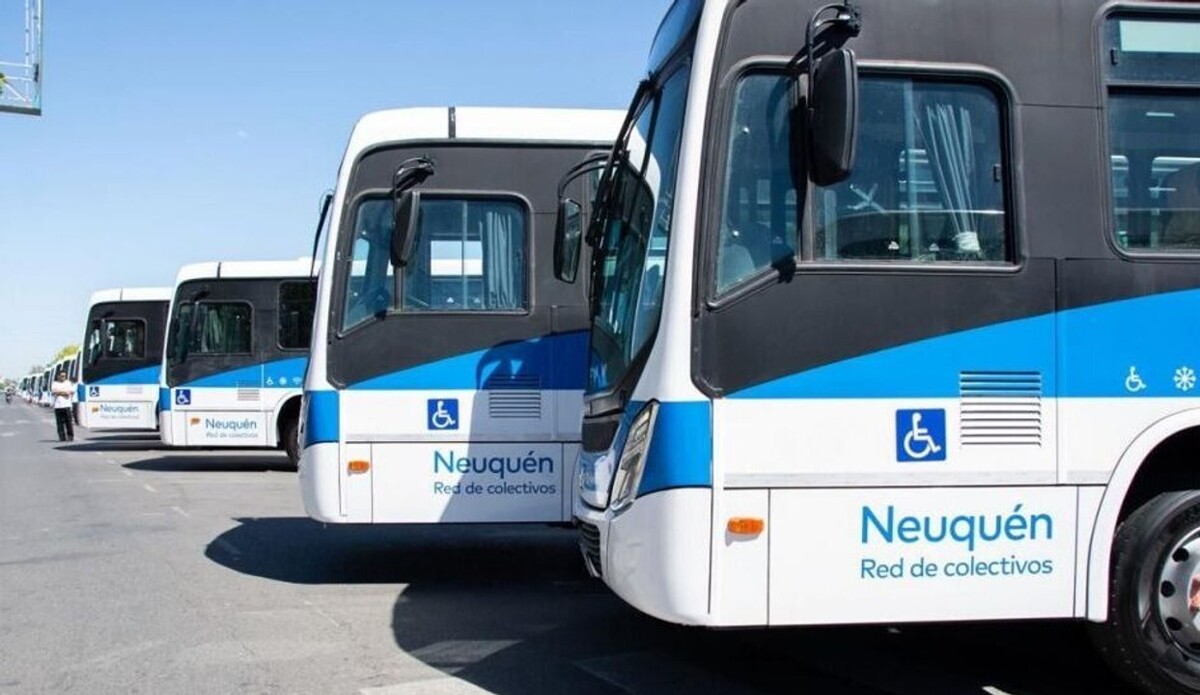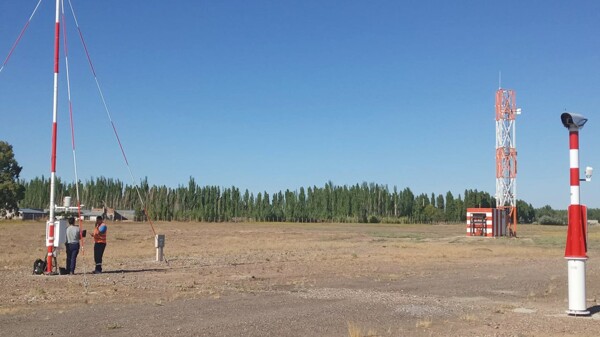
The company KoKo operates with its own terminal in the city of Cipolletti, infrastructure built by the company and possibly granted by the local municipality. The Trappa Group, present in transportation in Neuquén and Río Negro, has extended its operations to Chubut, where activities similar to those in the Alto Valle are organized, with the participation of the company Don Otto linked to the same economic group.
Dependence on a single operator or group for public transportation in a region with great intercity mobility, like this area, brings immediate and widespread consequences in case of strikes, technical problems, or union conflicts. This situation reveals the lack of alternatives for users and the vulnerability of local public policies to business concentration.
The interruption of transportation service in the city of Neuquén and much of the Alto Valle of Río Negro and Neuquén due to a strike in the AMBA left thousands of users without the possibility of moving. The monopoly of transportation in the region by the Trappa Group generated significant impacts, affecting more than 100,000 people in the provincial capital and nearby areas, while long-distance service continued to operate normally.
Gabriel Ceballos, union secretary of UTA Neuquén, mentioned that the decision to join the strike was due to the lack of progress in national salary negotiations, with a significant gap between the companies' offer and the union's demand. The lack of intervention from the Ministry of Labor and the expiration of mandatory reconciliation contributed to the strike action, with a notable absence of tools to resolve the conflict at the local level.
The expansion of KoKo's activities to include the administration of ski parks and the lack of progress in salary negotiations have raised suspicions about possible expansion strategies of the Trappa Group to other provinces. The extent of this group's control over regional public transportation has been exposed, with considerable impact resulting from the service interruption recorded during the strike.














